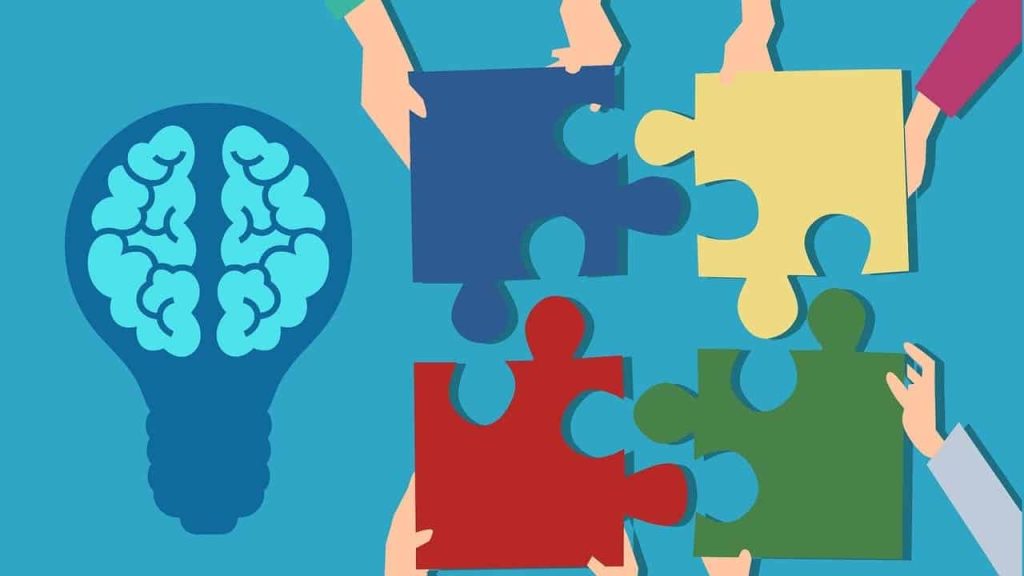Food stamps, officially known as the Supplemental Nutrition Assistance Program (SNAP), help people with low incomes buy groceries. But how exactly does the cost of your home – your rent or mortgage – play into whether you get food stamps and how much you receive? It’s a pretty important question, especially when rent can be a huge chunk of your monthly budget. This essay will break down the connection between rent and SNAP benefits.
How Rent Impacts SNAP Eligibility
So, does rent directly influence whether you can get food stamps? Yes, rent is a key factor in determining both your eligibility for SNAP and the amount of food stamps you’ll receive each month. The government understands that a large portion of your income might go toward housing, leaving you with less money for food. That’s why they consider your housing costs.

Calculating the Shelter Deduction
The way rent affects SNAP is through something called the “shelter deduction.” This deduction is part of calculating your net income, which is used to determine your SNAP benefits. Basically, a portion of your rent is subtracted from your gross income, reducing the amount of income that SNAP considers you have. This often results in higher SNAP benefits.
Here’s how it generally works:
- First, they look at your gross monthly income (before any deductions).
- Next, they subtract certain deductions, like a standard deduction and medical expenses.
- Then, they calculate the shelter deduction.
The shelter deduction is meant to help families who spend a lot on housing. It ensures that you have more resources available for food. To determine the shelter deduction, the SNAP program looks at the actual cost of rent (or mortgage, property taxes, and insurance) and utilities.
One important thing to note is that the shelter deduction has a limit. If your shelter costs are really high, there is a cap, but even so, it still helps reduce the income considered for SNAP benefits.
Different Types of Housing Costs Considered
Rental Costs
For renters, SNAP considers the actual rent you pay each month. This includes the basic rent amount. However, it doesn’t usually include things like security deposits, which are one-time payments.
Utilities play a huge role as well. The amount you’re paying for electric, heating, and other utilities will also be considered. There are even some situations where SNAP applicants can get help covering their utility costs.
For those receiving SNAP, here are some items considered:
- The basic rental rate.
- Payments for electricity.
- Payments for heating.
- Payments for water.
Sometimes, a standard utility allowance is used, especially if your utilities are included in your rent. This can simplify the process.
The Impact of Overly High Housing Costs
High Housing Expenses
When you’re paying a huge chunk of your income on housing, you might be eligible for more SNAP benefits. This is because your remaining income for food is lower. This is why the shelter deduction is so important.
If your rent goes up, you need to tell the SNAP office. They will recalculate your benefits, potentially increasing the amount you receive to reflect your increased housing costs.
Let’s say you’re a renter:
| Scenario | Rent | SNAP Benefit Likely |
|---|---|---|
| Low Rent | $800/month | Lower |
| High Rent | $1500/month | Higher |
This table illustrates that higher rent often translates to higher SNAP benefits.
The idea is to make sure you still have enough money for food even when your housing expenses are high.
Reporting Changes in Rent
Updating the SNAP Office
It’s super important to let the SNAP office know if your rent changes. If your rent goes up (or down!), it directly affects your SNAP benefits. Failing to report changes could lead to overpayments, which you’d have to pay back, or underpayments, meaning you weren’t getting the benefits you deserved.
Most states require you to report any changes in your housing costs. The process usually involves contacting your local SNAP office, or submitting a new application.
Here’s why it’s crucial to report changes:
- Accurate Benefits: Ensures you get the right amount of food assistance.
- Avoid Problems: Prevents overpayments and potential penalties.
- Stay Informed: Keeps your case worker up-to-date with your living situation.
- Easy Process: Reporting changes is often quick and easy.
Keeping your information up-to-date ensures you receive the correct amount of SNAP benefits. This helps you manage your food budget effectively.
In conclusion, rent has a significant impact on food stamps. It is a key factor in determining both your eligibility and the amount of benefits you receive. By understanding the shelter deduction and reporting any changes in your housing costs, you can ensure you receive the support you need to afford groceries. Rent is a big expense, and SNAP is designed to help people who struggle to pay it and still have enough to eat.